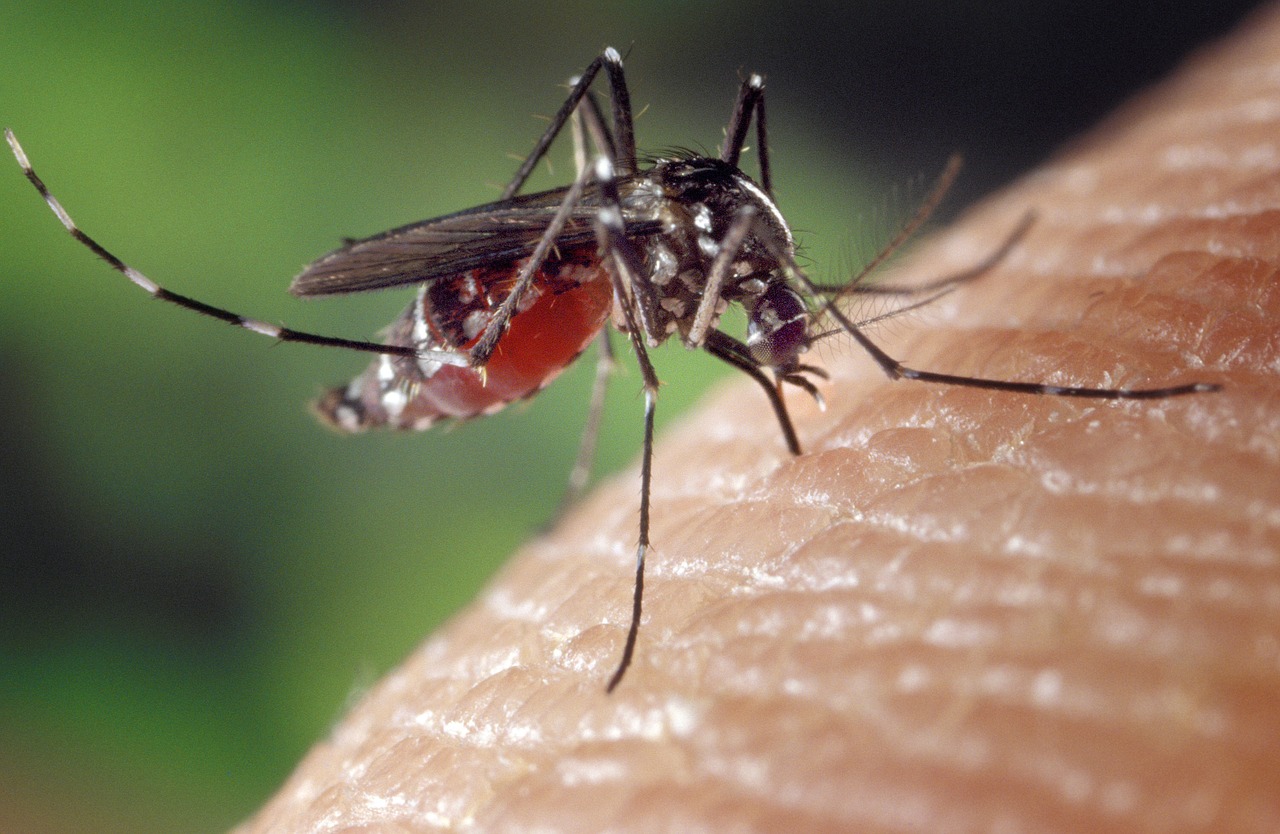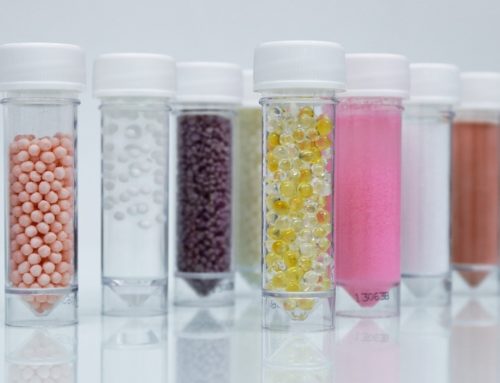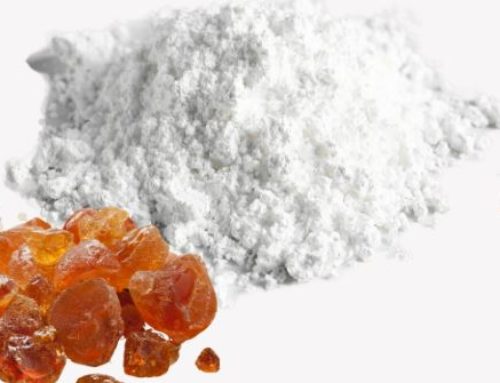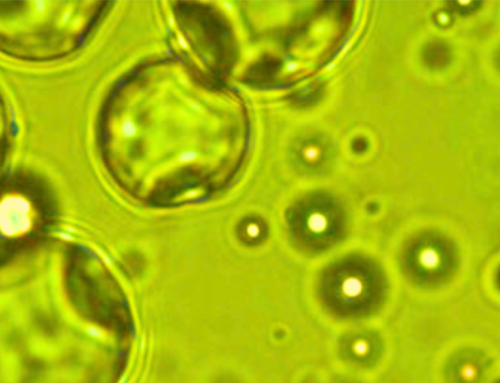Microencapsulation against malaria
Capsulæ makes the most of its skills and knowledge in the microencapsulation field to fight against one of the worst curses in Africa: malaria.
Malaria is a disease given to human beings through the bite of infected female mosquitoes. In 2016, 445.000 people died of malaria. 91% of the victims are living in Africa, most of them being children under the age of 5. Against this curse, soaked mosquito nets are becoming less and less efficient. The mosquitoes are resistant to bug sprays, bite earlier in the evening and outside of the house. “Tools are essential when people should get out of habitations protected by basic interventions” the WHO reminds.
An innovative project using microencapsulation
In Burkina Faso, a west African country particularly hit by the disease, an innovative project was launched by the chemist and engineer Gérard Niyondiko in the association “100.000 Vies”. The idea is simple: to protect the largest number of people, it is necessary to consider their habits regarding hygiene and health. “80% of children under the age of 5 in Burkina Faso are indeed cleaned with soap when mosquitoes give malaria parasites” Gérard Niyondiko explains.
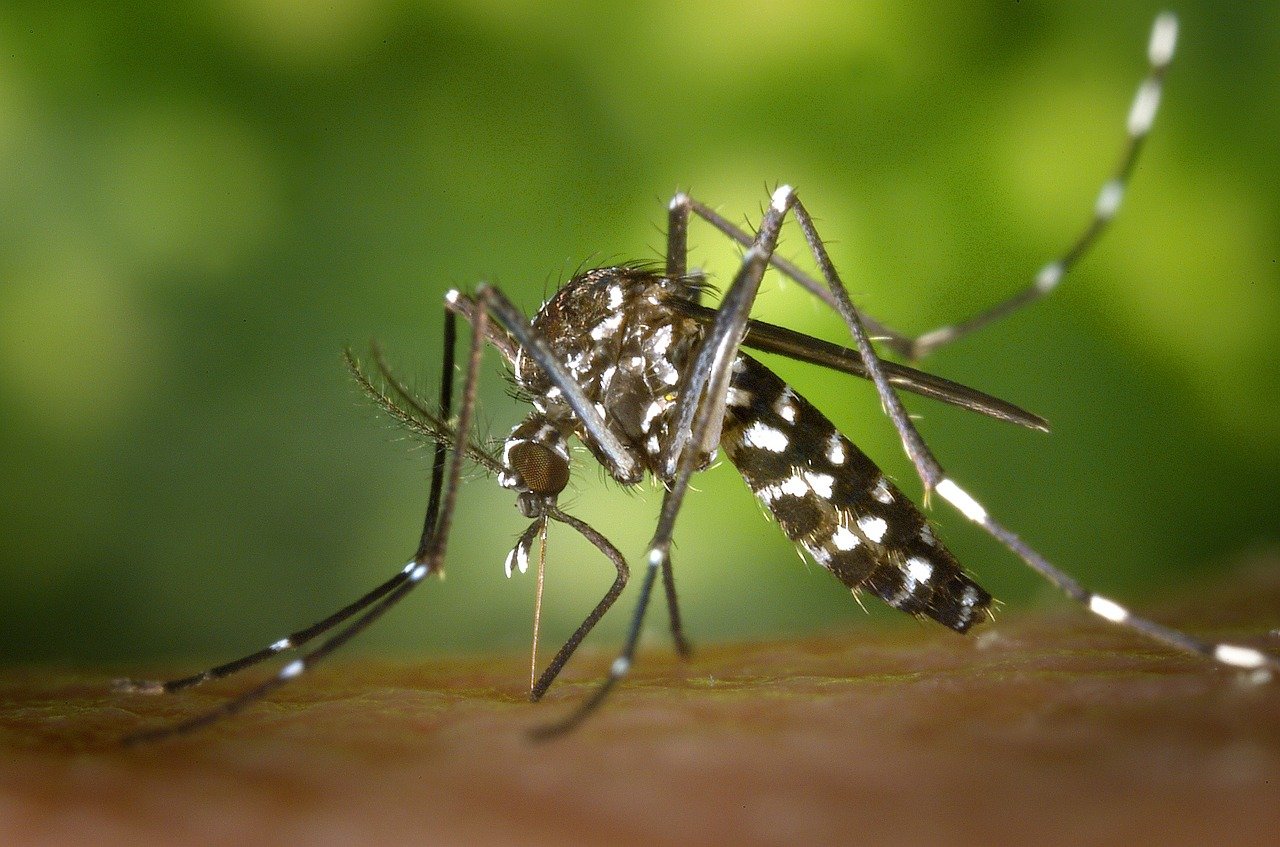
Microencapsulation against malaria
The key project “Faso Soap” aims to create a healthy soap, which is also affordable and able to repel Anopheles mosquitoes at least 3h after use. The major technical challenge of this project is to ensure long-lasting protection after rinsing with water. The team joined forces with Capsulæ in order to design microcapsules to take up the challenge.
“We were immediately attracted by the project’s ambition and social utility” Arnaud Picot (CEO of Capsulæ) emphasizes. From a scientific point of view, it is a difficult product to create.
Microcapsules resistant to the industrial manufacturing process
The issue is to include microcapsules in the soap which are able to resist the industrial process of manufacture, but can also stick to the skin while washing, resist the rinsing step and gradually release the repulsive substances they contain after the shower” Gisèle Ongmayeb, the company’s Head of Research and Development, added.
Once the various microcapsules are created, they are incorporated into industrial soaps. They are then to be tested on mosquito populations within the National Center for Research and Training for Malaria (CNRFP) in Ouagadougou. “With Capsulæ, we are creating a new generation of mosquito repellent products which suit the local needs. The energy, support and skills of their team give us the means to meet our ambitions. We are proud of this collaboration” Gérard Niyondiko concludes.
